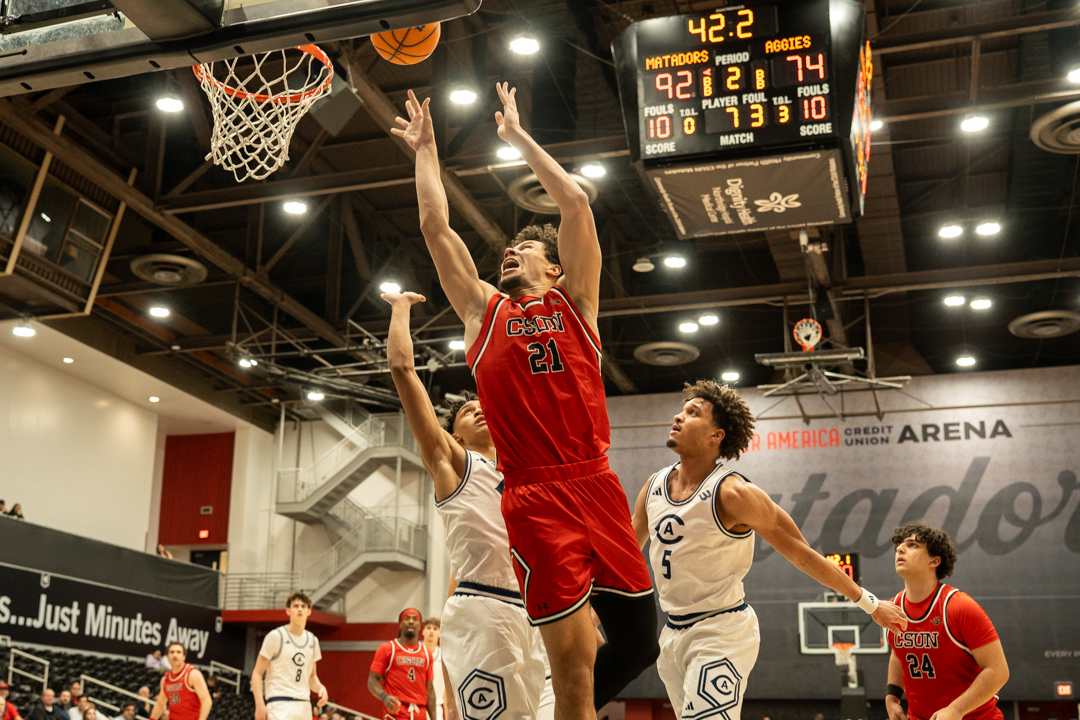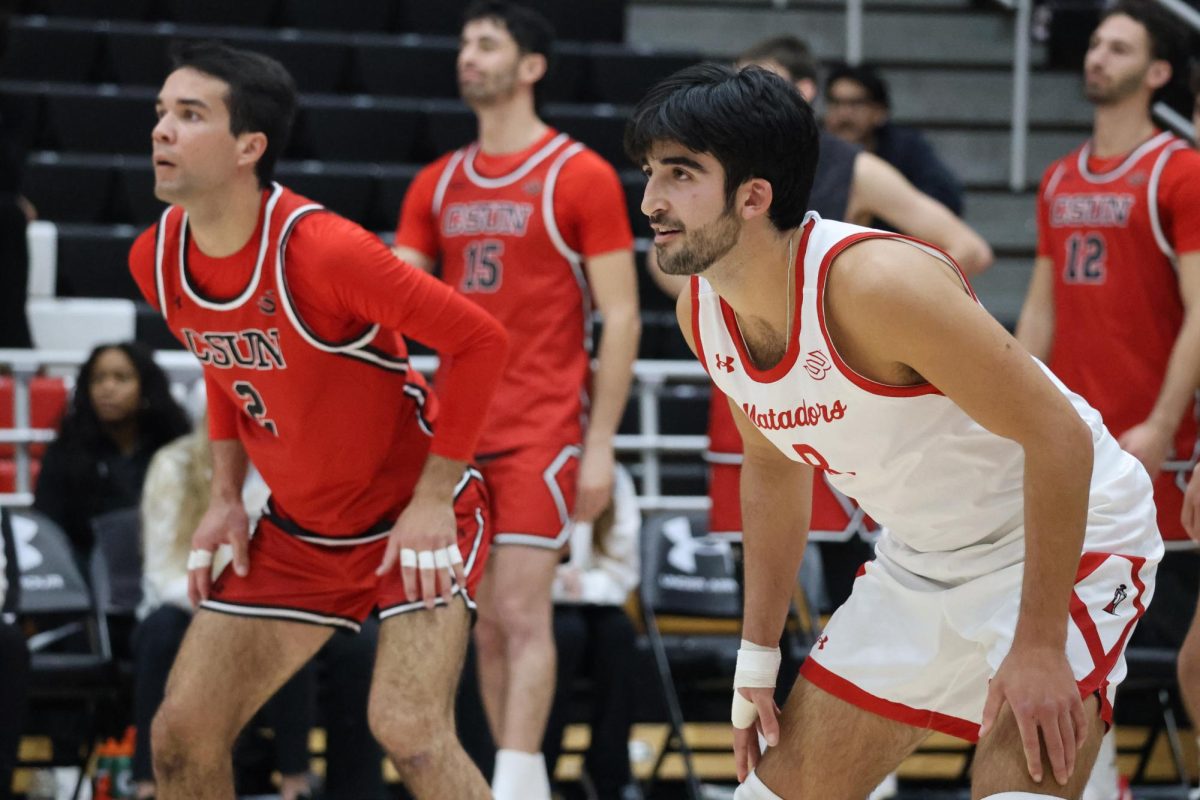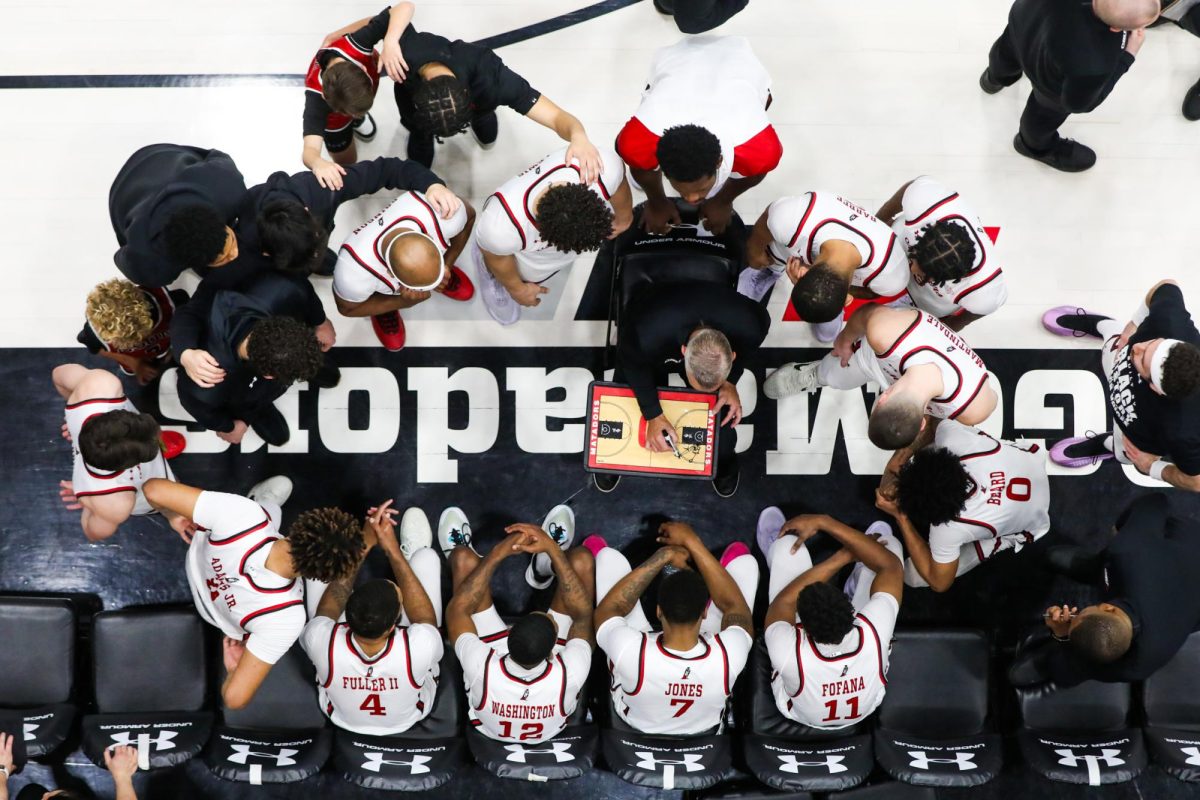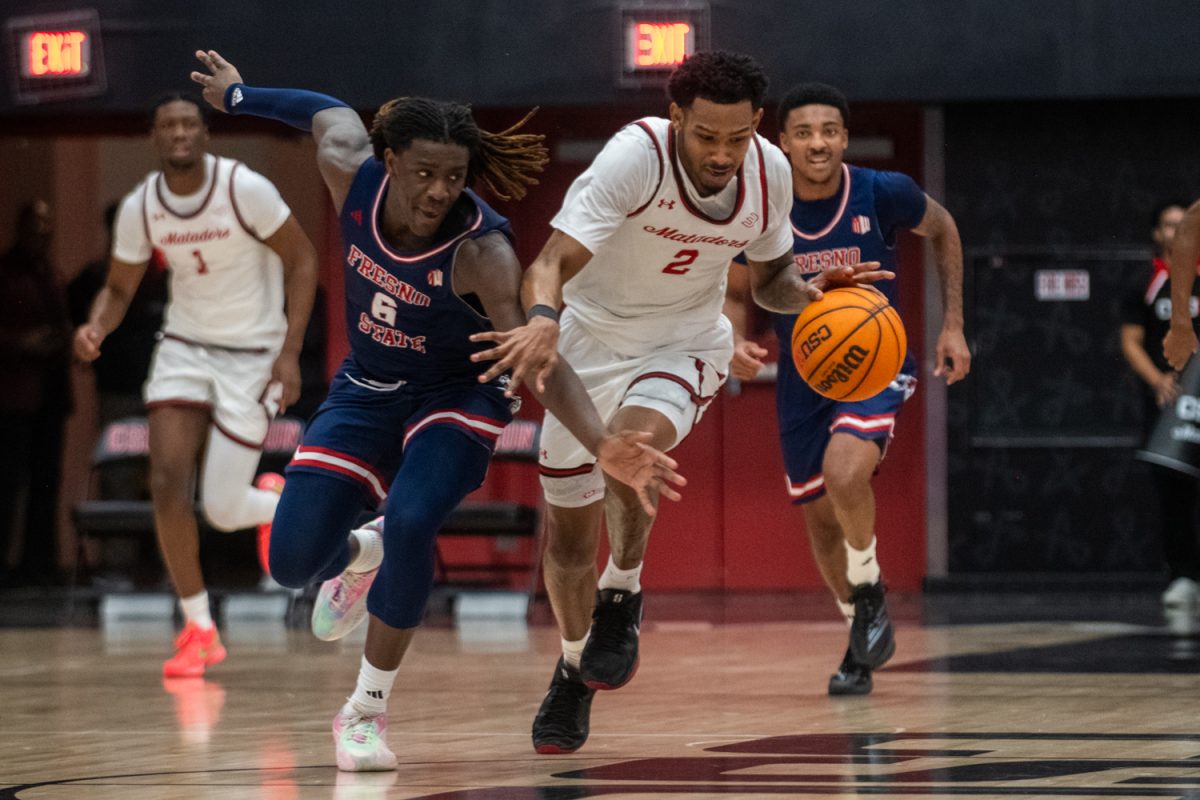
Could the NBA have any better timing?
Somehow, the Atlanta Hawks co-owner Bruce Levenson electing to sell his controlling interest in the team got lost in the shuffle of the NFL season’s opening weekend.
Sunday, Levenson announced he would voluntarily leave the team because of an email with racial comments suggesting the presence of black fans had influenced the lack of attendance at Hawks’ games.
While connecting the struggling attendance of the Hawks to the largely black fanbase may be wrong, it should not cost him his team.
The Email
The email dates back to 2012, but the NBA began investigating the Hawks after their General Manager Danny Ferry said, “He has some African in him,” about then free agent Loul Deng.
Yet, Levenson’s email wrote about obtaining more white fans opposed to the 70 percent of black fans he noticed in the arena. The email goes on to talking about the arena only playing hip hop music and having too many blacks on the cheer team.
Levenson also cites the Washington Wizards as an example of a team receiving mostly white fans despite the predominantly black community.
Levenson’s email goes on as he writes some of the things he’s noticed about the attendance at hawks game:
“— it’s 70 pct black
— the cheerleaders are black
— the music is hip hop
— at the bars it’s 90 pct black
— there are few fathers and sons at the games
— we are doing after game concerts to attract more fans and the concerts are either hip hop or gospel.”
But why now? Why sell your team two years later after the email?
Levenson Compared to Sterling

Atlanta’s controversy comes less than a month after the sale of the Los Angeles Clippers was made final due to a life-time ban of former owner Donald Sterling.
Despite some deja-vu between the two situations, the Hawk’s situation is nothing like the Clippers’ fiasco from earlier in the year.
First, Levenson does not have an extensive history of racist accusations like Sterling. Levenson himself was one of the people most critical of Sterling.
Therefore, Levenson deserves praise if he did elect to not be a hypocrite and sell his share of the team voluntarily. However, it is hard to believe Levenson all of a sudden faced enough guilt on his conscience to sell his team. Although he tried to sell the team back in 2011, the timing is too much of a coincidence.
Rather, some sort of outside pressure from the media or the NBA probably served as catalyst to Levenson’s decision. The last thing the NBA needed was another public relations nightmare close to the Sterling situation.
Moreover, Levenson’s email was nothing compared to the Donald Sterling recording. Sterling made generalizations about his alleged girlfriend being seen with minorities and how that could affect his image.
Levenson did make generalizations about his fan base, but he made these assumptions from a business angle.
He wanted to up the amount of dollars spent at his arena by finding ways to increase white season ticket holders. In the email,
Levenson said perception about the arena’s surrounding area being dangerous at night stems from the amount of black fans. Levenson, in the email, called the perception, “racist garbage.”
Levenson’s comments themselves were not racist garbage. Like it or not, his perceptions are probably similar to many of the business owners throughout the country.
Levenson also talked about the presence of a rowdy college students’ section and the amount of low-income fans at the game, because the email is a business strategy, despite the racist undertones.
No one said the owner of Wal-Mart or any other company has to view their consumer base as people rather than walking dollar signs, so should Levenson be punished (voluntary or involuntary) for suggesting ways to improve his business?
Added, the contexts of this situation are much different than Sterling. Here in Los Angeles, people are more integrated with other ethnicities that racial comments are more alarming.
On the other hand, Atlanta and the south still face residual effects from years of racial divides between blacks and whites. Hence, the ideology presented by Levenson’s email has less shock-value in the context as it could reflect dominate thinking in the area.
What it means for the NBA
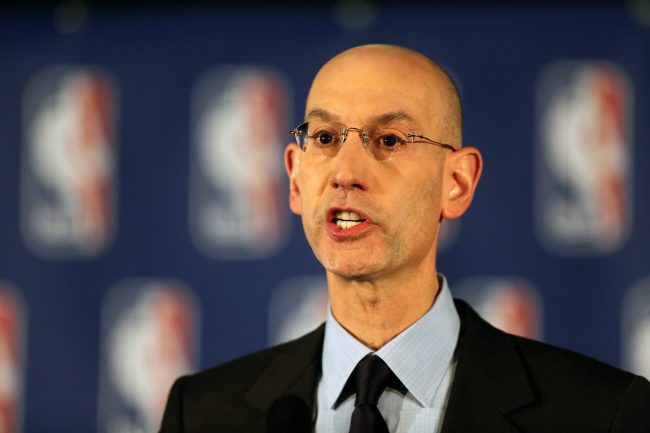
Granted, no one said you have to own an NBA franchise. As a business depending on the dollars of minorities, the NBA owners should be held to the higher standard of being privileged enough to own a franchise.
Even if Levenson’s comments were not adversely racist, the NBA should be applauded for being proactive in the investigation of the Hawks and upholding their owners to ethical standards.
However, if Levenson’s decision was anyway pressured than it is not good for the NBA and its’ commissioner.
Banning Sterling might have earned the NBA points from the public, but the Sterling and Levenson situations bring into question how much power the NBA and commissioner Adam Silver have in removing people from ownership.
Each NBA owner may have to explore their closets for any private comments that can go viral.
The last thing the sports world needs is another overbearing commissioner structure like NFL Commissioner Roger Goodell whose dictating style has lead to changes in the football game and player punishment.

